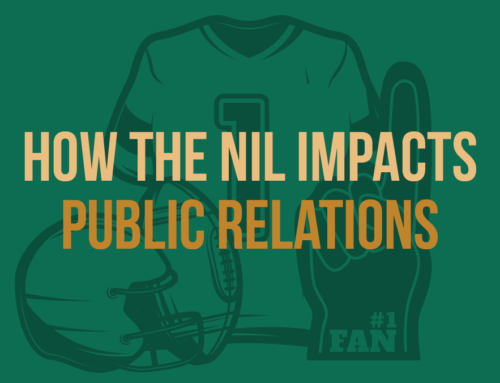
The holiday season is just around the corner, bringing with it a growing list of expenses to plan for. From gifts, to food, to travel expenses, it’s no wonder that the holiday season brings in the most revenue for businesses. And while some companies capitalize on the holidays as a form of revenue, more and more businesses are looking out for their consumers this year. Take a look and read more about the power of corporate responsibility:
Big Meal- Small Price
Aldi, the supermarket famous for their low-cost groceries, made headlines this October by rolling out a new Thanksgiving dinner bargain. For just $47, or about $4.70 per person, customers can feed a group of 10, making it an “inflation-busting” meal offering. This holiday fare comes in at nearly $2 less than a similar deal from Walmart, highlighting Aldi’s commitment to helping customers stretch their holiday budgets without sacrificing quality.
Complete with a butterball turkey, rolls, gravy, macaroni and cheese, mashed potatoes, sweet potatoes, stuffing, green bean casserole, pumpkin pie and spices, this meal goes above and beyond for your Thanksgiving dinner needs..
Aldi’s efforts go beyond mere pricing strategy; by setting a precedent for affordable, accessible holiday meals, Aldi is recognizing the financial strain on consumers and showing that businesses can remain profitable while still serving the best interests of their customers. In a market where price hikes and profit margins often take precedence, Aldi’s decision to resist price-gouging during a season traditionally marked by rising costs is not just an ethical choice—it’s a bold step towards redefining how companies should engage with their communities.
A Shift in Retail Culture
For years, large retailers like Target, Kohl’s, and Walmart have been criticized for prioritizing profits over people, opening doors as early as Thanksgiving afternoon to kick off Black Friday sales. This often meant employees had to sacrifice family time for corporate profits.
However, this year, some of these same retailers are following Aldi’s lead of corporate responsibility and staying closed on Thanksgiving Day. This shift not only prioritizes employee well-being but also signals a new era of corporate responsibility, where compassion and work-life balance matter just as much as profits. In a time of economic uncertainty, this move shows that putting people first—whether consumers or workers—can coexist with business success.
Looking Ahead
What is clear this year is that more and more companies are embracing corporate responsibility as a core value, and it’s not just about giving back financially—it’s about fostering human connections, embracing ethical practices, and showing empathy in all aspects of business. Aldi’s Thanksgiving meal deal and the decision by major retailers to close on Thanksgiving Day are prime examples of how businesses can have a positive impact on both their customers and employees, even while maintaining profitability.
As consumers continue to demand more from the brands they support, the power of corporate responsibility has never been more apparent. In the end, it’s not just about sales—it’s about building a brand legacy rooted in values that resonate deeply with customers. When companies make responsible choices that reflect the needs and concerns of their stakeholders, they are not only improving their reputation but also contributing to a more ethical, compassionate, and sustainable future.







